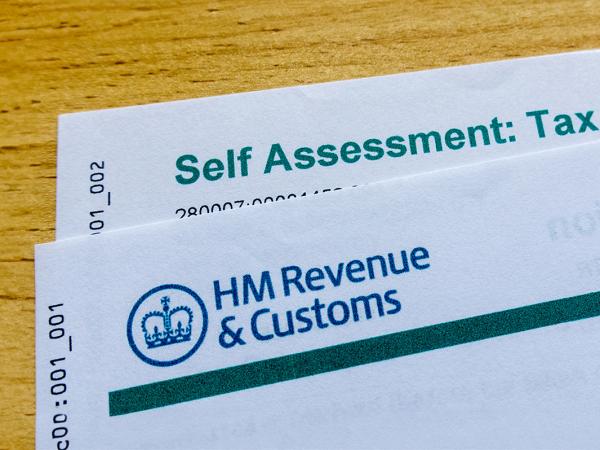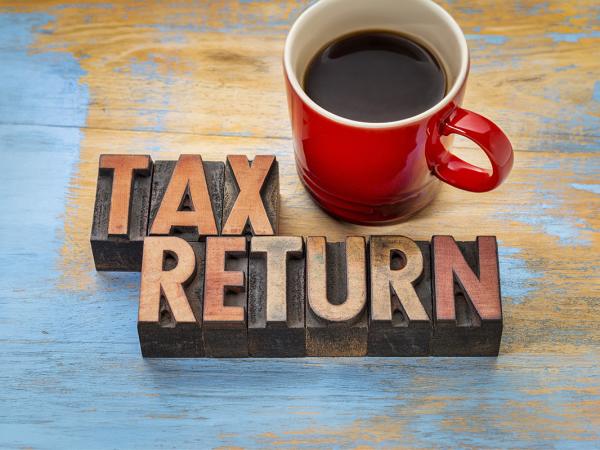Tax returns: leaving self assessment
If you no longer need to file self assessment tax returns, you should tell HMRC.

Content on this page:
HMRC have asked you to file a tax return
In general, if your circumstances have changed and you think you no longer need to complete a tax return – for example, because you pay all your tax under PAYE – let HMRC know as soon as possible.
See Who has to complete a tax return for more information on whether you need to file a tax return for a year.
If you do not meet HMRC’s self assessment criteria but you have already received a tax return for a year, HMRC might agree to cancel the filing requirement if you contact HMRC and explain your circumstances. If they agree to do this, you will no longer need to submit the return. If any penalties have been issued for missing the filing deadline, they would be cancelled automatically.
If HMRC do not agree to withdraw the tax return, you must complete the return and tell them about your change in your circumstances in the Additional Information boxes.
Alternatively, HMRC might agree to cancel the tax return, but instead issue you with a simple assessment if they think you have not paid enough tax.
If you have been issued with a notice to file a tax return, you have a legal obligation to complete one (and penalties will be issued if you fail to do so) until that notice is formally withdrawn, even if you do not meet the self assessment criteria.
HMRC have not asked you to file a tax return
If you have not received a notice to file a return for the year but think you might receive one, contact HMRC and let them know why you think you no longer need to complete a self assessment return. You might be in time to stop HMRC issuing one.
Stopping self-employment
If you have stopped being self-employed you will generally need to fill in a tax return for the tax year in which your self-employment ends. The date that you stopped being self-employed should be entered in the self-employment pages of the tax return. HMRC should then close your self assessment record and stop sending you tax returns to complete.
However, as explained above on this page, if HMRC issue you with a notice to file a tax return for a tax year, even if the return covers a period after you have stopped self-employment, they will expect to receive that return until they are notified otherwise.
For more information, see our page on Stopping your business.
Leaving the UK
If you do not think you should be completing tax returns anymore because you have left the UK, you will usually need to fill in a tax return covering the tax year that you left. The date that you departed the UK should be entered on the tax return. HMRC should then close your self assessment record and stop sending you tax returns to complete. You should always ensure HMRC have your correct address on record, even if this is overseas.
If HMRC issue you with a notice to file a tax return for a year, even if is the return covers a period after you have left the UK, they will expect to receive that return until they are notified otherwise.
For more information on what to do when you leave the UK, see Notifying HMRC when leaving the UK and GOV.UK.
If you wish to claim a tax refund after leaving self assessment
If you are no longer within self assessment, but you have allowances or reliefs to claim or think you are due a tax refund, then see our page on Tax refunds.



